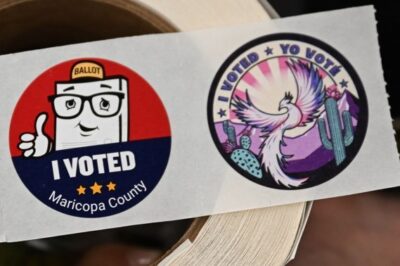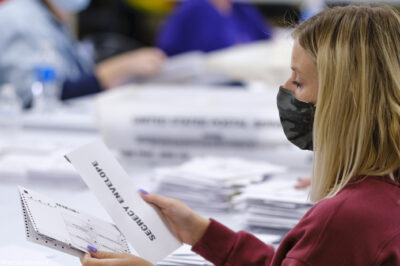Today the Supreme Court delivered a disappointing decision in Crawford v. Marion County Election Board, the lawsuit the ACLU brought against Indiana for its restrictive law that required voters to show a state-issued ID when voting. The 6 to 3 decision found that the voter ID law didn't place an undue burden on the Indiana citizens' right to vote.
The most incomprehensible part about this decision: that the Supreme Court is allowing Indiana to try a fix a problem that never existed in the first place. As we pointed out in September, Indiana has never had a case of in-person voter fraud, which is exactly the kind of voter fraud that this voter ID law would ostensibly prevent. Walter Dellinger and Sri Srinivasan put it best in an article in Slate in January, when the case was argued before the high court:
[T]his kind of fraud would be an exceedingly irrational way to attempt to affect the outcome of an election. For starters, the impersonator would need to know that the actual registered voter would not herself be showing up to vote. If the real voter had already voted, the impersonator would be exposed at once. And in any event, why would any sane person risk going to prison to influence an election by one vote? It is all the more implausible to imagine an army of impersonators coordinating their efforts on a scale that could affect an election, let alone doing so without being detected.
The silver lining of this dark election year decision? This isn't over. There are more than 20 states with similar laws and the today's decision opened the door for future lawsuits. This isn't the last you'll hear of this issue.



